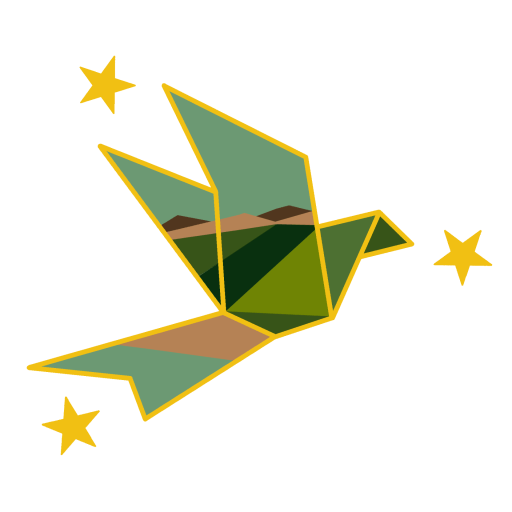We aim to share our team’s archival processes with other grassroots and community-driven archival projects.
The WIITH digital archive team utilizes community-driven archiving methods and strategies. Our team’s archiving processes incorporate anti-racist and decolonial archival methods. They are also informed by hands-on experience working with Pajaro Valley Filipino American community members to digitize family collections and build an accessible online archive.
In our Community Archiving Resources folder, you will find templates and guides created and used by our team to build the WIITH digital archive site. These include:
- Processing Objects for the Digital Archive: Step-by-step instructions for collecting and digitizing archival materials including photographs and physical material culture items.
- Digitization Standards and Guidelines: The archival scanning specifications utilized by UCSC librarians and archivists.
- How to Write Archival Descriptions: WIITH’s best practices for writing descriptions of archival materials.
- Inputting Objects into Omeka: Step-by-step instructions for uploading archival materials to Omeka.
- Family Collection Spreadsheet Template: WIITH’s archival collection spreadsheet that is referenced in the Processing Objects for the Digital Archive and Inputting Objects into Omeka Guides.
- Image Deed of Gift Template: A template for the image consent form utilized by WIITH.
The folder also contains slides from a presentation given by WIITH team members at the 2022 Filipino American National Historical Society (FANHS) Conference at Seattle University. The presentation is titled, “Building a Community Archive: Preserving and Uplifting Stories of Filipino Labor and Migration.” It outlines strategies for creating successful community-university partnerships and WIITH’s digital archiving processes.
